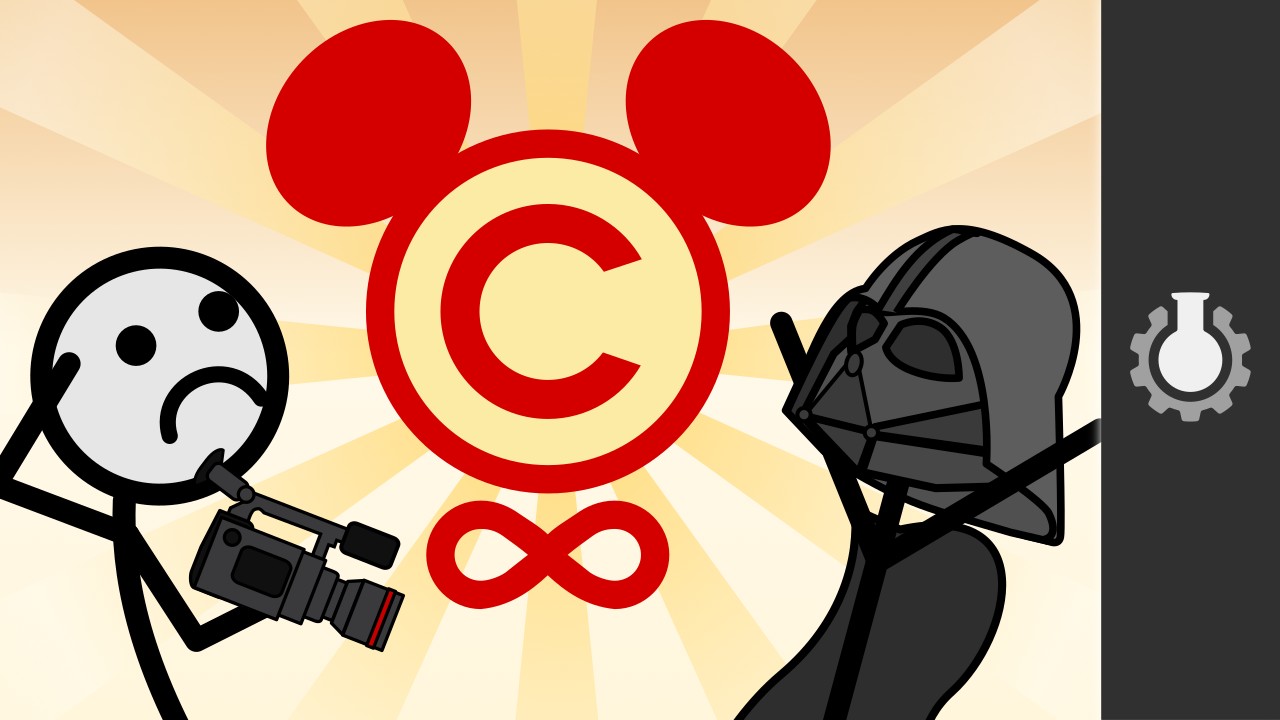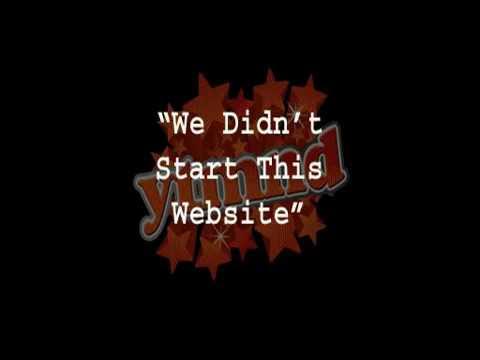- 9 Posts
- 12 Comments

 8·10 months ago
8·10 months agoI’ve been reading this for a few weeks now.
There’s a section talking a bit about the history of unix that I quite liked. I’m young and don’t know the whole story. According to this handbook, unix was used and taught in universities, so when students went out into the world they preferred unix systems. As a result, tons of companies started offering their own versions of unix touting portability with the other unixes but with their own differentiating extensions which sort of contradicts the claim of portability. People would write for one system and frustratingly find that their software doesn’t work on a different vendor. I’m curious where linux fits into the story. This must have been before linux because the handbook makes no mention of it. Did linux and its free software license immediately kill off these other unixes? How much role did copyleft play?

 5·10 months ago
5·10 months agoIt seems Mullvad has the OpenVPN option tucked away as the very last option even though OpenVPN seems to be the easiest method. Why is that?
Here’s a good discussion on HN about this, including comments from lawyers.
https://blog.wolftune.com/p/software-recommendations-and-more.html
If anybody knows what you’re looking for, the author of this blog does.
How do Debian and other distros feel about Rust? It’s a fantastic language that can improve security, but it doesn’t have a stable ABI and they don’t really do the whole dynamically linked library thing.
I’ll offer a balanced position and say nobody can do it all themselves, but I think everyone should strive to be self-sufficient in at least one aspect of modern living. My neighbor grows their own food. My dad is good with cars. My aunt makes quilts and dishware. A society that has crafty knowledge widely distributed like this makes it more likely everyone knows an expert on a given thing, helping prevent people from getting screwed by terrible products. An Arch Linux user might be able to manage linux for 100 close people in their social graph, or at least advocate for it. This also keeps industry from having 100% market share.
I have the issue that the snap version can’t browse files whose path includes a hidden dot file/directory in my home directory. It doesn’t seem there’s any clean way for me say “no, I give you explicit permission to read these files.” My workaround was to
sudo mount --bind ~/.foo ~/barand then browse from~/barinstead. I’m not sure what they think they were preventing me from doing but they failed.
Some day you may find your machine booting into linux without displaying a grub menu. You were promised a menu giving you boot options. Where is it? The problem may be your grub timeout is 0. Set the timeout in
/etc/default/gruband then runupdate-grub. See section 6.1 of theinfo grubmanual.

 3·1 year ago
3·1 year agoThe first rule of fight club is don’t talk about fight club.

 5·1 year ago
5·1 year agoFun fact: the stack exchange for research mathematics, MathOverflow, is a separate 501©(3) nonprofit which at any time can pack up their stuff and migrate, including their domain name and all of their data, per the agreement they made when they joined the stack exchange network in 2013, originally operating the site themselves since 2009.
https://meta.mathoverflow.net/questions/969/who-owns-mathoverflow/970#970
While the MathOverflow site is operated by Stack Exchange, Inc., the domain and the MathOverflow name are owned by the MathOverflow corporation. The MathOverflow corporation is completely independent from Stack Exchange and its mission is to ensure the continued operation of the site in a manner that meets the needs and expectations of the community.
Subject to Section 8, should MathOverflow wish to migrate its data outside of the Stack Exchange network, Stack Exchange shall, within thirty (30) days of receipt of a written request from MathOverflow, provide MathOverflow with a complete and current database that contains all the data necessary to recreate MathOverflow on MathOverflow’s own servers and software. Following such transfer, Stack Exchange will cease all use of the MathOverflow database.
If they don’t like how the site is being run, they can leave. Food for thought. If all communities on the internet were so careful and prescient to plan an exit strategy in advance, to make clear that you just operate our site and we can leave for a competitor, we’d not be in this mess.








What’s the new Quora?